BY VEENA RAO*
Kennesaw, GA, August 19, 2025: For Mahendra “Mick” Patel, a 57-year-old Kennesaw resident and longtime community volunteer, a routine trip to Walmart for Tylenol in March 2025 turned into a nightmare that nearly destroyed his life and reputation. Today, after being falsely accused of attempting to kidnap a child, Patel is demanding a public apology—on television—from the people he says wrongfully branded him a criminal.
“I want a public apology on TV to Mahendra Patel from the following people,” he told NRI Pulse in an interview at his home in Kennesaw. “Accuser Caroline Miller; Lt. Sgt. Evan Wallace and Sgt. Eric Mistretta from the Acworth Police Department; and DA Sonya Allen, ADA Lauren McAuley, Jesse Evans, and Detective Temperance Stoddard from the Cobb District Attorney’s Office. They made a mistake, and they need to own up to it. That’s the least they could do for me.”
A Quiet Life Shattered
Patel came to the United States from India in 1994 after marrying his wife, Alpa, a podiatrist. The couple settled in Atlanta in 2004, raising two daughters—one now a medical student at Mayo Clinic and the other pursuing an MBA in Chicago. Patel built a successful career, first as an engineer at GE and later as a business owner in real estate. A fixture in local community service through Kiwanis International, he had lived a quiet, law-abiding life.
That peace was shattered on March 21, 2025. Three days earlier, Patel had briefly interacted with a woman in a Walmart aisle, an interaction that changed his life.
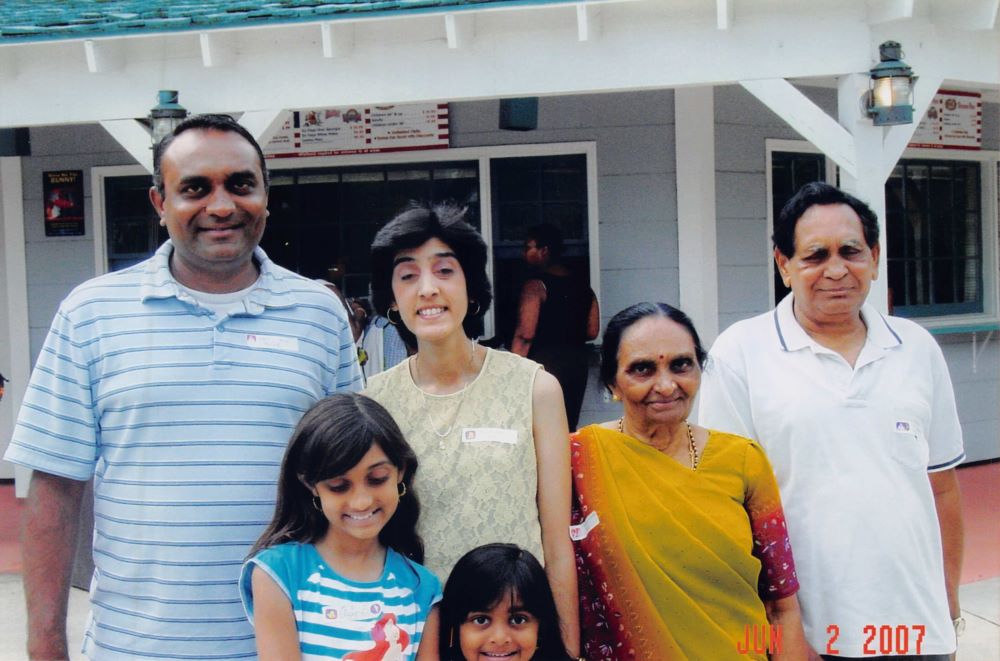
“My parents live with me. My father passed away two years ago, and my mother, who is now 86 and has severe osteoarthritis, still lives with us,” Patel recollected. “That evening, my wife was in Virginia caring for her mother, and my daughters were away, so it was just me and my mom at home.”
“After dinner, mom realized she was out of Tylenol. I said I’d go get it. Around 8 p.m., I went to the nearby Walmart—about five miles away. I usually avoid big superstores because I tend to get lost in them, but I went anyway. I was texting my daughter for help finding the right type—she wanted the quick-release gel capsules. I couldn’t find them, so I looked around for help. I didn’t see any employees, but I noticed a woman in a motorized scooter with two small children. I asked if she knew where the Tylenol was. She tried to help me, but she was struggling with the scooter, possibly because of a low battery, and she was holding one child in her lap while another dangled from her arm. At one point, she bumped into the corner of an aisle, and it looked like the child might slip. I instinctively reached out to steady the child, but when I saw that she had a grip, I let go right away. The entire interaction lasted just a few seconds.”
“I thanked her, apologized if I had overstepped, and moved on. Eventually, I found an employee who helped me locate the Tylenol. On my way out, I saw the woman again. I showed her the Tylenol I picked up, thanked her once more, and she gave me a thumbs-up. I checked out, chatted briefly with the greeter, and left, thinking nothing of it.”
Unbeknownst to him, the woman—26-year-old Caroline Miller—later accused him of trying to snatch her child.
“On the 21st, Patel drove up to Dalton—about 80 miles north—to pick up materials for a renovation. On the way back, around 5 p.m., he was on Cobb Parkway/Highway 41. “I passed through Acworth, then into Kennesaw, went through the light by the QT, and kept driving. I glanced in my rearview and saw three police cars: one in the emergency lane, one behind the car behind me, and one in the left lane. Big SUVs. I wondered who they were after. I had no idea my life was about to flip upside down,” he recollected.
After a few hundred feet they rushed up, shouting, “Pull over! Pull over!
“I was stunned—why me?” Patel said. “I wasn’t speeding, didn’t run a light. Then a fourth car cut in front. Officers poured out and pointed guns at me: “Drop the keys! Drop the keys!” “Hands up! Out of the truck!” My heart was pounding out of my chest. One wrong move and I felt like they could shoot me. I climbed down from my pickup. “Lay down on the ground!” I did.”
A deputy cuffed Patel’s hands behind his back right there in the roadway. It was rush hour—5:30 on a Friday—traffic stopped, people staring.
“I had no idea what was happening. All they said was, “You’re under arrest. We have a warrant.” No explanation. The Acworth officer put me in her car while others ransacked my truck. I sat there, cuffed, for almost an hour as they searched everything. Then that same officer started driving. I’d been stopped in Kennesaw, but we were heading toward Acworth. No one told me why. At the Acworth station, it turned into a classic “good cop” routine. The same officer who’d been on scene changed into plain clothes and put me in an interrogation room, acting like he wanted to help. He asked, “Were you at Walmart? Tell me about that.” That’s when I realized this was about my trip three days earlier. I told him what happened. I had no idea what the charges were, and I honestly didn’t think I had done anything wrong. He left, came back, and said, “You’re going to jail.” I asked, “For what?” He wouldn’t say—“We’ll let you know.”
“Kidnapper” in Jail
At Cobb County Jail, Patel’s nightmare deepened. He was booked on charges of assault, battery, and kidnapping. His blood pressure spiked so high that he was taken to a hospital in shackles.
“When I finally got paperwork, I saw the charges for the first time: assault, battery, and kidnapping,” Patel said. “Kidnapping! I was speechless. The claim was that I tried to grab a child from a disabled mother and run away. It was surreal—completely false.”
Inside jail, rumors spread quickly. “Within hours, the word was out: I was a child kidnapper,” Patel recalled. “In jail, that’s a death sentence.” Inmates threatened him, demanded money for “protection,” and he lived in constant fear. A vegetarian, Patel also struggled with food and lost 17 pounds. He kept to himself, and leaned on his faith, reading the Bhagavad Gita to survive his 47 days behind bars.
Gangs ruled the jail. One of the largest groups was the Muslim gang—mainly American inmates, Black and white, who had converted. “They looked out for each other. One of them even told me, “I know you’re Hindu, but if you ever get into trouble, just yell ‘Allahu Akbar’ and we’ll protect you”,” Patel said.
His family, meanwhile, scrambled to prove his innocence. His wife, daughters, niece, and friends worked around the clock gathering evidence. They retained defense attorney Ashley Merchant, who subpoenaed Walmart directly for security footage.
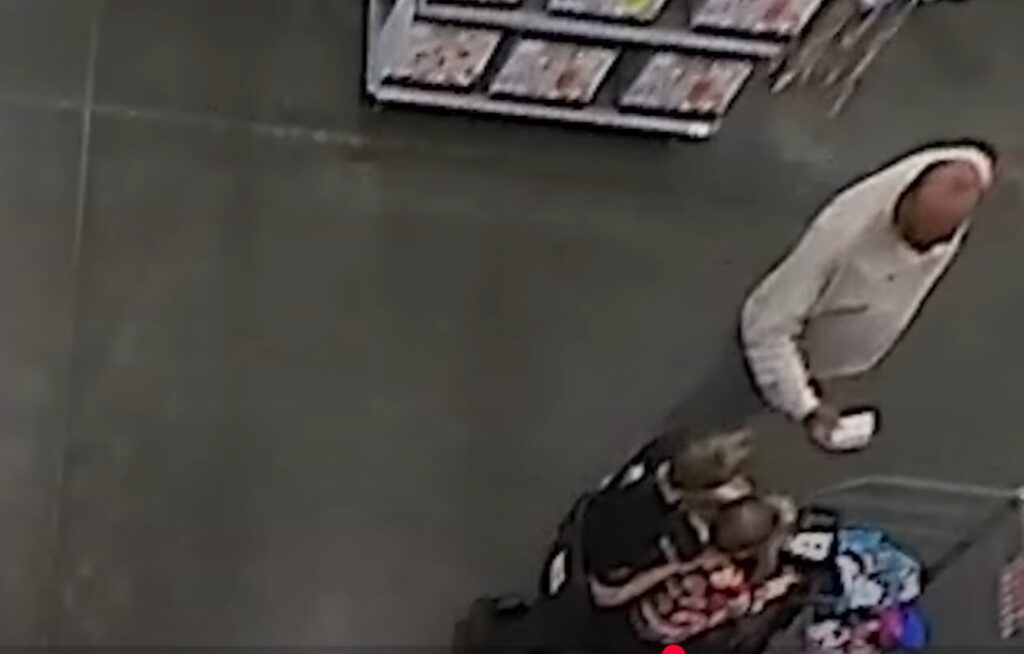
Video Evidence Changed Everything
When the footage was finally released, it told a very different story from the police narrative. The video showed Patel’s brief, harmless interaction with Miller—far from the attempted kidnapping painted by law enforcement.
Yet before the footage was presented in court, prosecutors rushed the case to a grand jury, which indicted Patel on attempted kidnapping, carrying a potential 20–25-year sentence. Only after the video went public did public opinion begin to shift.
“Comments online were vicious: ‘Burn him alive,’ ‘Ship him to India,’” Patel said. “The police claimed I fled the scene, that it took three jurisdictions to catch me. None of it was true. If anyone had watched the full video, the truth was there. But I’m a brown man and she was a white woman—bias played a role.”
Forty-Seven Days of Hell
Patel spent nearly seven weeks in jail before his May 6 bond hearing. By then, his case had gained national media attention. Supporters, including family and community members, wore yellow and gathered outside the courthouse in solidarity. He was eventually released on bond, but the ordeal left lasting scars.
“My family and I went through hell,” Patel said. “It affected our business, our mental health—we almost went into depression. They cannot just drop the charges in five minutes of court time and move on with their lives. They have to publicly apologize and acknowledge it.”
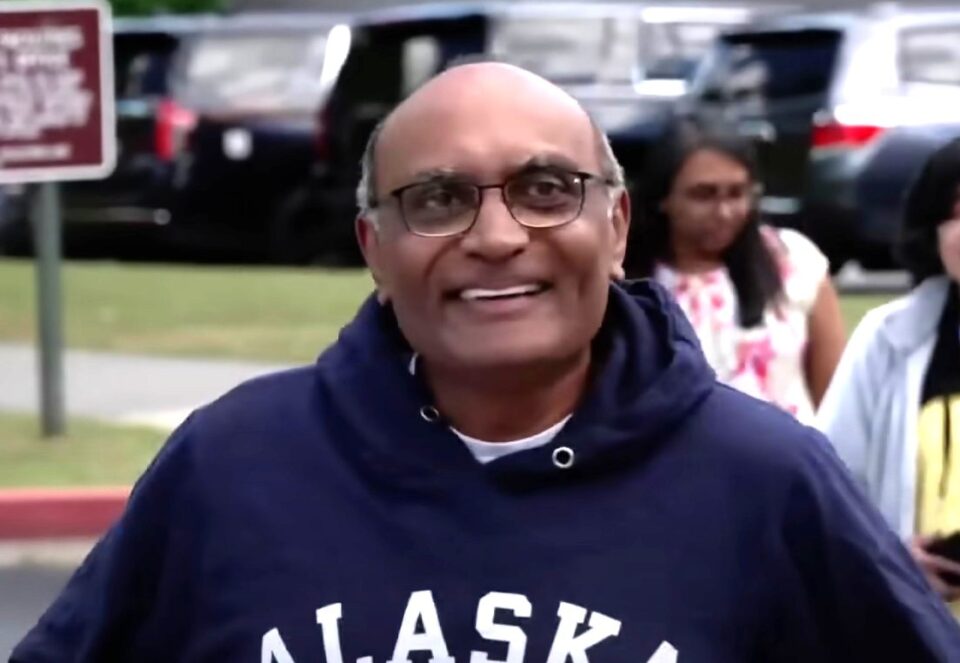
A Call for Accountability
Patel says his case is not just about him but about systemic flaws in the justice system. “Usually, you get charged, indicted, and end up in jail without access to evidence. Public defenders are overburdened. Your reputation is destroyed before you can prove your innocence,” he said.
He wants law enforcement and prosecutors to face consequences for rushing to judgment without evidence.
“Before jumping the gun, power-hungry officers should understand the consequences,” he said. “This should be part of training, part of awareness for families, communities, and beyond—even globally. While I was inside, vilified in the media, I wondered how my wife would go out, how my daughter would feel, how we could even go to a restaurant without being harassed. We had to consider packing up and leaving Georgia.
Patel also had a pointed message for his accuser. “Get a real job. Stop exposing your kids on national TV for a few minutes of fame. Karma exists—what goes around comes around.”
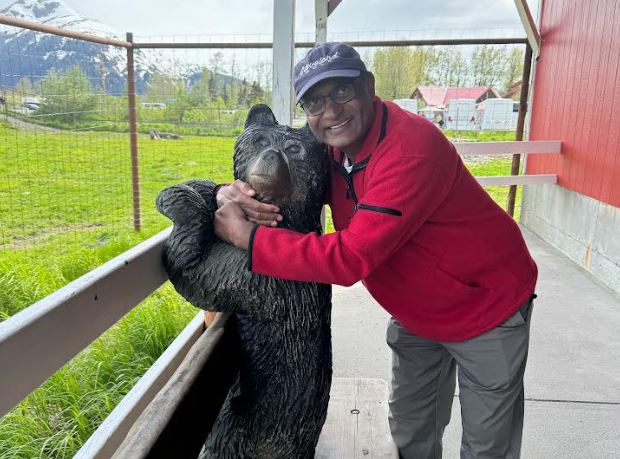
A Voice for Immigrants
Patel says he is speaking out for others—especially immigrants—who may not have the resources to fight wrongful charges.
“For the Indian and Asian community, there are stereotypes that are dehumanizing— curry smelling, nerdy, etc. People don’t know how these jokes seep into your psyche until you experience something like this firsthand. The police falsely accused me and assumed I would just accept it quietly because I’m Indian. But I am American. I’m not going to stay quiet. I’m speaking up for all Indian and Asian Americans who are law-abiding and hardworking. This case highlights corruption in the justice system—bad actors protecting themselves at the expense of innocent people. Indian communities rarely protest, but we must rally behind innocent members when falsely accused. Everyone is innocent until proven guilty. We cannot take the word of a police department at face value anymore; evidence must be verified. The police need to self-examine, properly investigate crimes, and not waste taxpayer dollars on nonexistent crimes.”
“Thank God for security cameras,” he added. “Without them, Miller’s word could have outweighed mine. Imagine if there were no camera—what would happen to a brown man with no resources?”
Life After Exoneration
Since the charges were dropped, Patel says strangers often approach him at grocery stores and banks to express sympathy. Some ask for selfies. Managers at local stores have apologized for what he went through.
But for Patel, closure will not come until those who wronged him admit it publicly. “I expect an apology,” he said. “On TV. That’s the least they can do.”
*Veena Rao is the founding editor of NRI Pulse.



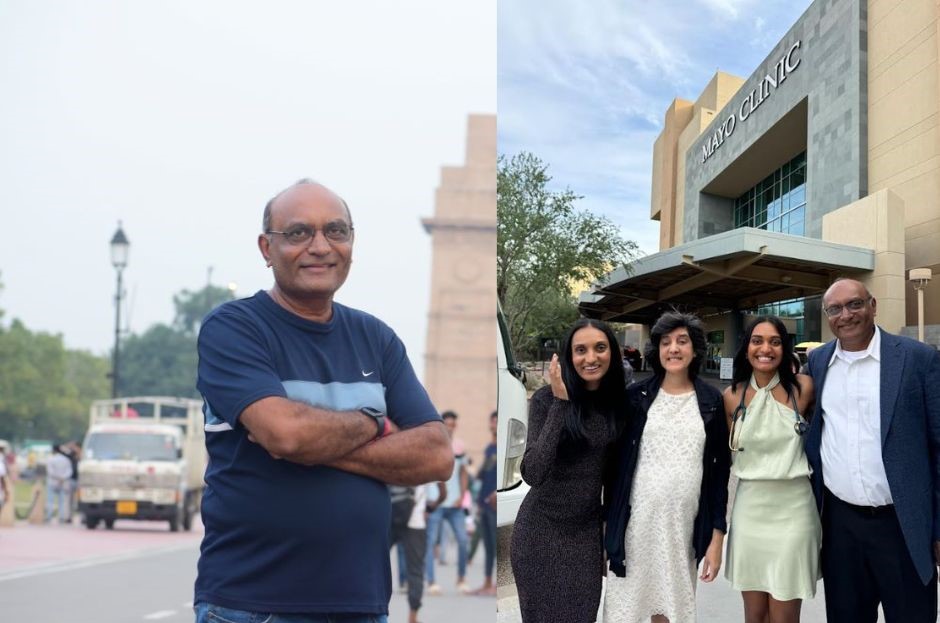
1 comment
I agree 100%. A picture with him smiling, like one of those above, should be plastered all over the media (like his mugshot was) along with the apology.